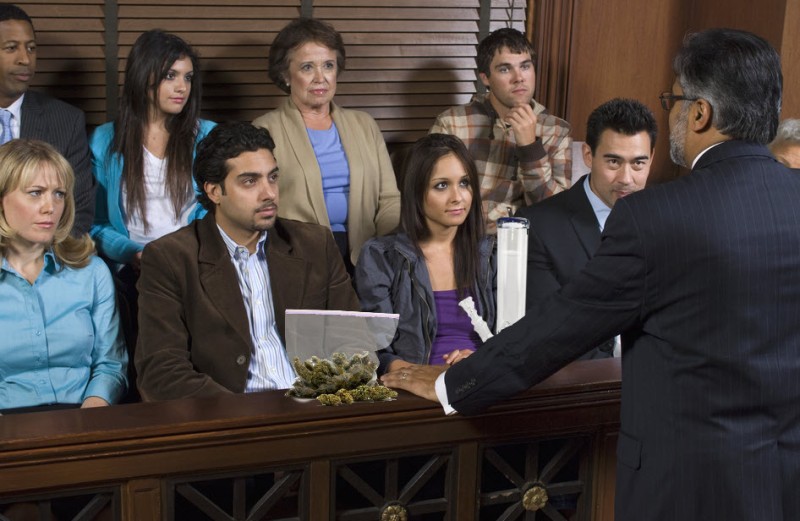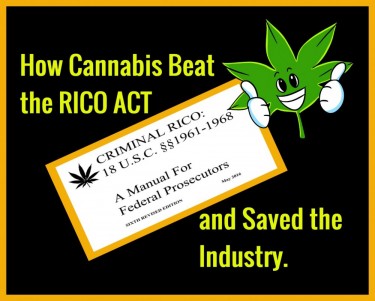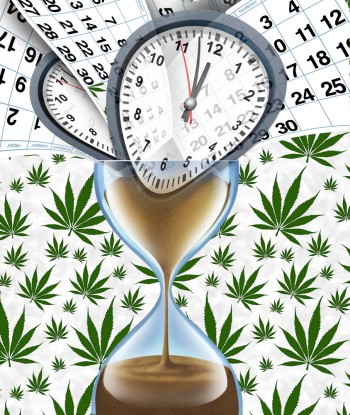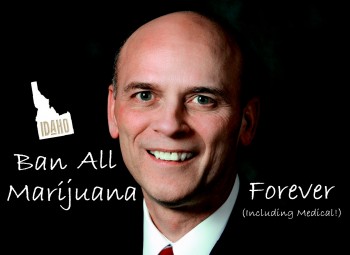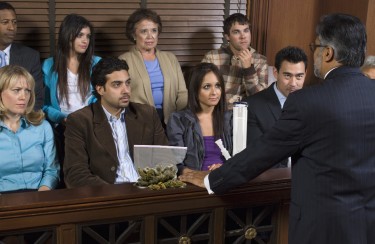
The Impact of Cannabis Legalization on Jury Nullification
For centuries, jury nullification has been a way of protecting and defending the people from unjust laws. In an attempt to keep power away from an oppressive government and the people, jury nullification enables citizens (particularly a jury) to veto a guilty verdict even while evidence suggests otherwise.
Jury nullification began in the 17th century as a charge for freedom of religion and, since then, has bestowed onto American citizens the power to dismiss laws they feel are oppressive. Jury nullification has facilitated drastic changes in American society. It helped to end the Salem Witch Trials, ended alcohol prohibition, limited capital punishment, helped protect individuals helping enslaved people escape, and gave way for union rights.
Invalidating Cannabis Charges in Court
Even though many people disagree with cannabis laws in their states, many are foreign to the power they possess to rectify them.
Many jurors are ignorant of the ability to invalidate a case because judges are not compelled to provide any information about it (in many situations, they instruct the jury to focus on ruling based on the facts of the case rather than the justice of the law). Unfortunately, this gives the impression that citizens have no control over the laws, while in reality, they do.
Famous examples of Jury Nullifications in Cannabis Cases
In the early 2000s, Ed Rosenthal, a horticulturist, author, and columnist at the High Times, was caught cultivating cannabis in Oregon. Three federal felonies connected to marijuana growing and distribution were found to be committed by Ed Rosenthal. The jury acquitted Rosenthal on the counts involving the Harm Reduction Center, a medicinal marijuana dispensary in San Francisco. It reached a stalemate on the conspiracy allegation, which the prosecution later dropped.
Some jurors changed their minds after learning about the nullification option and the fact that the city of Oakland had sanctioned him to grow the substance; as a result, the 9th Circuit Appeals Court overturned the conviction. The foundation of this conviction can be attributed to jury selection. The majority of the jurors had prerequisite knowledge of medical marijuana. Once they discovered the court had intentionally failed to mention any reference to medical marijuana, not to mention the judge's insistence on refusing a defense attorney the permission to defend medical cannabis.
Another famous case where the jury successfully nullified cannabis charges occurred in 2012. Doug Darell, 59-year-old New Hampshire Rastafarian, was arrested for cultivating cannabis for religious and therapeutic purposes on a plot behind his home.
The Laconia Daily Sun reported that the jurors at Darrell's trial were fully aware of their ability to overturn the verdict. Judge James O'Neill had read the explained the nullification law to the jury at the advice of defense attorney Mark Sisti. He stressed that even if the jury finds that the State has established every element of the crime charged beyond a reasonable doubt, they could still rule the defendant not guilty if you have a conscious belief that a not guilty judgment would be fair.
Thanks to this, the jury, headed by Free State Project's Cathleen Converse, the well-versed jury, chose to judge the defendant not guilty.
Balancing the scale
One important way the people of America preserve their freedom is the jury's power to throw out a judicial decision. But many people are unaware of how strong the American people are because it is rarely (or never) acknowledged. In order to strengthen just laws and repeal unfair ones, it is crucial to regain that power. It is more or less as though the judicial system homes all the power in this struggle for cannabis legalization and equality in all areas. The power of jury nullification helps the masses take back some of the power as well as balance the scale.
Jury nullifications date back to our founding fathers, who put protections in place to safeguard us from a government as oppressive as the one they had fled. This extends much beyond our right to keep and bear arms, which encompasses the freedom of speech and the right to demonstrate (albeit medical marijuana cardholders are not included in this discussion). In fact, we hold the power; nevertheless, it is up to us to know what that power entails and what we can use it to achieve.
Promoting Jury Nullifications
Do you know you can help spread the word on jury nullification? You can also do more to petition for changes in unjust cannabis laws at the federal level and in some states that are yet to adopt cannabis decriminalization.
A few tips you need to make a difference include:
–Get to know all you can about all aspects of the cannabis sector, including laws, politics, and health. This would assist you in determining where you really stand. Note that there is a lot of conflicting information out there, so it can be difficult to understand what is and is not accurate.
–Ensure you check all information against reliable sources to make sure you can tell facts from fiction. Understanding the rationale behind the source's position is important because many "trusted" people can still hold outdated opinions about cannabis, especially if doing so improves their bank accounts.
–Consider being involved in a cannabis community to discuss what you've learned. Also, discuss what you've learnt with your coworkers, family, and friends. Even if a stranger is keen on learning, put them through.
The best way to ensure jurors know about the right to annul or nullify cannabis-related cases is for everyone to spread the word.
Bottom Line
Have you considered becoming a juror yourself? If you're legally qualified to be one, then do it. Although you may not be delegating on cannabis cases, it puts you in proximity with those who would. You'd have a solid opportunity to see how the justice system works firsthand and be a part of it. If you're fortunate enough to be on a cannabis case, you can tell other jurors about nullification, leading to reform in your locality and state.
If jury qualifications become a trend in the United States, the federal government may have no choice but to satisfy the wishes of the masses by legalizing cannabis nationwide.
